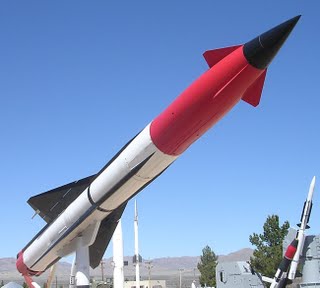Strategic Arms Reductions Treaty Signed, but Russia and U.S. Have Nothing to Cut

In Prague yesterday the presidents of Russia and the United States signed the long-awaited strategic arms reduction treaty. It is no doubt a very important event politically but the same can not be said militarily, because it makes no provisions for any cuts in offensive arms.
The new document replaces the START I treaty, which was concluded by the U.S.S.R. and the United States in 1991 and which expired in December 2009. The new treaty caps the number of warheads at 1,550, deployed delivery vehicles at 700 and non-deployed delivery vehicles at 100. In a separate statement Russia says that it will withdraw from the treaty if U.S. missile defenses reach a level threatening the potential effectiveness of Russia’s nuclear forces.
The sides have to make practically no cuts, says Mikhail Barabanov, editor of Moscow Defense Brief. The real number of Russian delivery vehicles is already below 700 and their number, as well as that of warheads, will significantly fall as a series of missiles which have passed their expiry date are removed from combat duty in the next few years. Therefore, if Russia plans to maintain parity with the United States under this treaty it will, on the contrary, have to increase production of ballistic missiles several-fold, the expert says.
The United States on the other hand, only has to keep the number of its delivery vehicles at the existing level, as planned. The treaty’s authors have misled the public by counting one bomber as one warhead: it is common knowledge that both American and Russian bombers are capable of carrying six or more cruise missiles, each of which is equipped with one nuclear warhead, Barabanov says.
On the other hand, the signing of the new START treaty offers trump cards to Russia and America ahead of a May review conference on the Nuclear Non-Proliferation Treaty. The previous two conferences essentially failed: the treaty has a provision saying that acknowledged nuclear powers must conduct constant negotiations on the reduction of their nuclear weapons and their total elimination, not something that Russia or the United States has done. The new treaty also eliminates a number of arguments advanced by Iran, which wants to become a nuclear power. Overall, reaching agreement on such a complex and neglected issue opens up the opportunity for an improved partnership between Russia and the United States on other political and economic issues.

